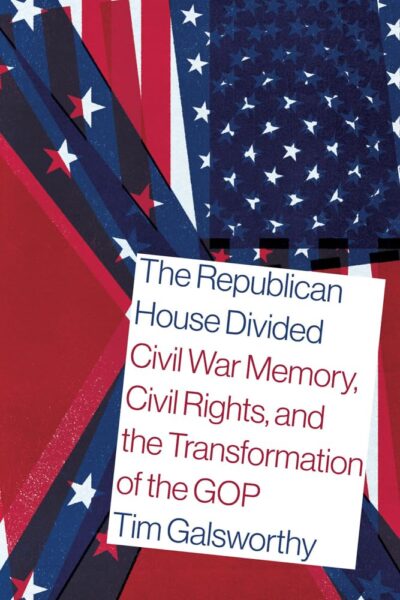
Blog

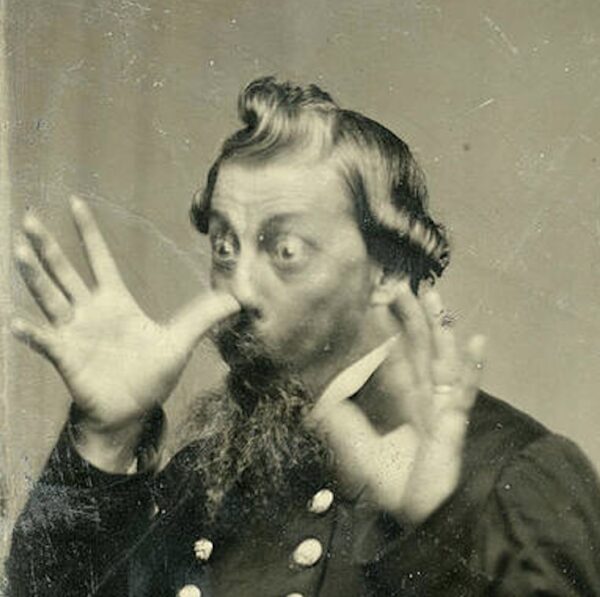
12
Published: 1/12/26
Odd Civil War Photos, Pt. 3
Discover more strange and offbeat images from the Civil War in this installment of the "Odd Civil War Photos" series. Part 3 is here!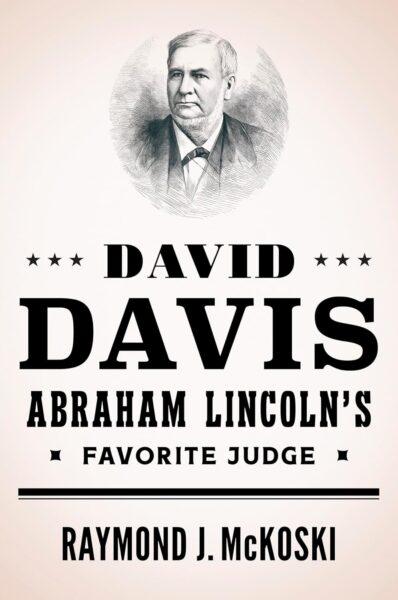
Published: 1/7/26
David Davis (2025)
Raymond J. McKoski presents an informative biography of a key Lincoln ally on the United States Supreme Court.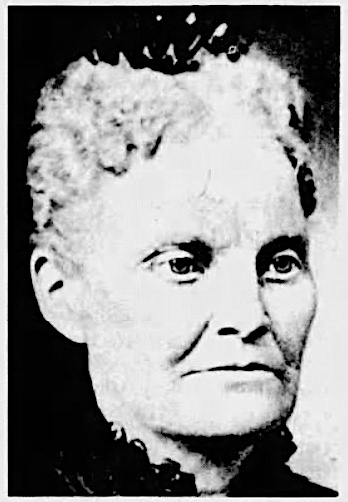
Published: 1/5/26
A Grave in Her Garden
The story of North Carolinian Sarah R. Johnston, who nursed ailing Union POWs at Salisbury Prison in the face of social backlash.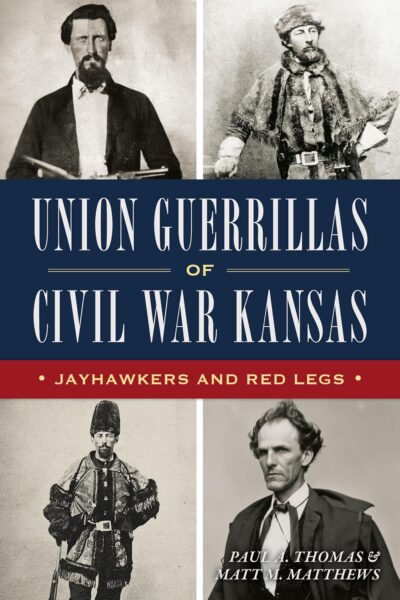
Published: 12/30/25
Union Guerrillas of Civil War Kansas (2025)
Authors Paul Thomas and Matt Matthews provide an informative work on the guerrilla warfare that roiled the Missouri-Kansas border during the U.S. Civil War.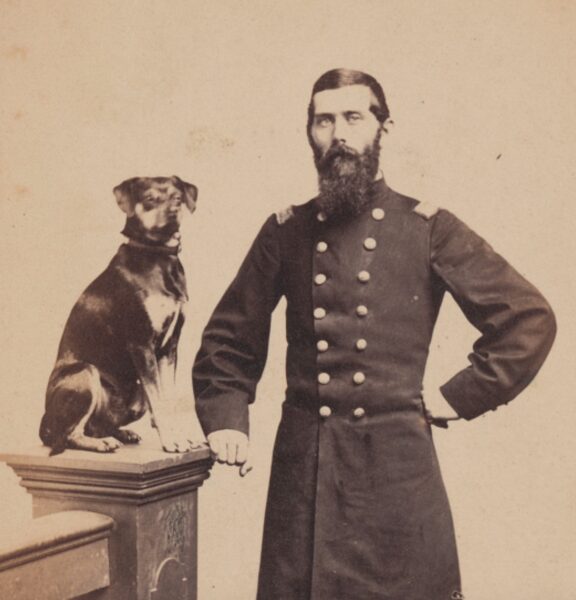
Published: 12/29/25
The Dog of the Regiment
Read the poem "The Dog of the Regiment," which tells the tale of a loyal dog adopted by a Union sergeant in the midst of the Civil War.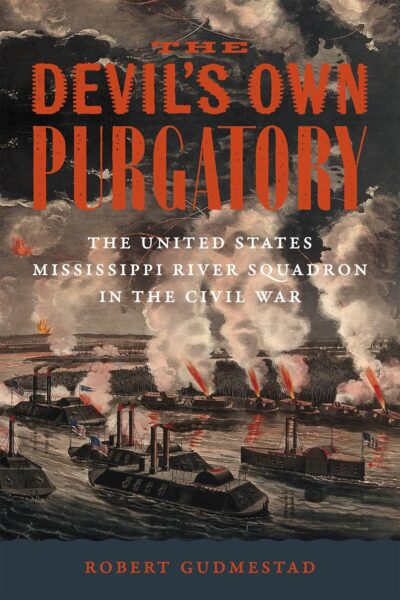
Published: 12/24/25
The Devil’s Own Purgatory (2025)
Robert Gudmestad's "The Devil's Own Purgatory" is the definitive history of the Mississippi River Squadron in the Civil War.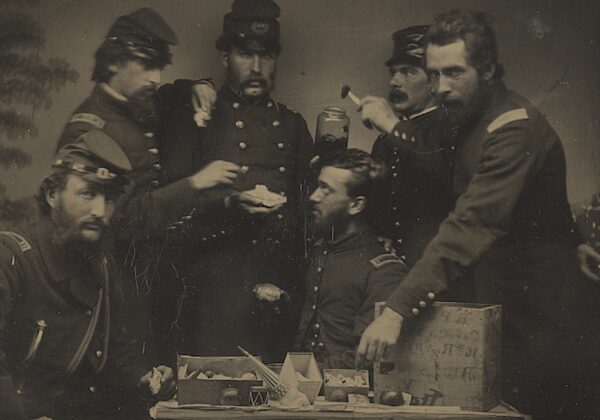
Published: 12/22/25
Impractical Packages from Home
In 1862, a Wisconsin newspaper poked fun at people who sent impractical care packages to family and friends in the Union army.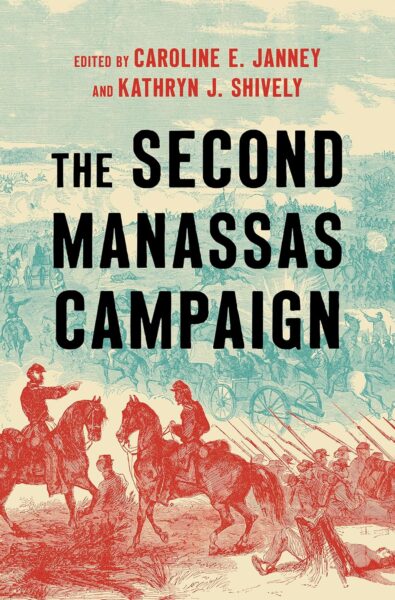
Published: 12/17/25
The Second Manassas Campaign (2025)
"The Second Manassas Campaign" takes its place on a growing shelf of books about this pivotal operation.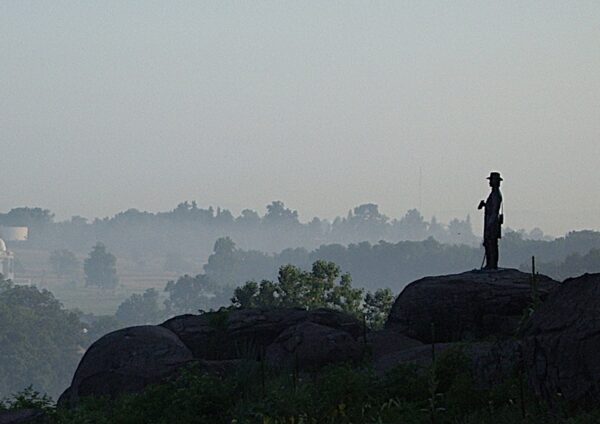
Published: 12/15/25
A Costly Silence
How the military decisions made during a number of Civil War battles were critically influenced by the presence of acoustic shadows.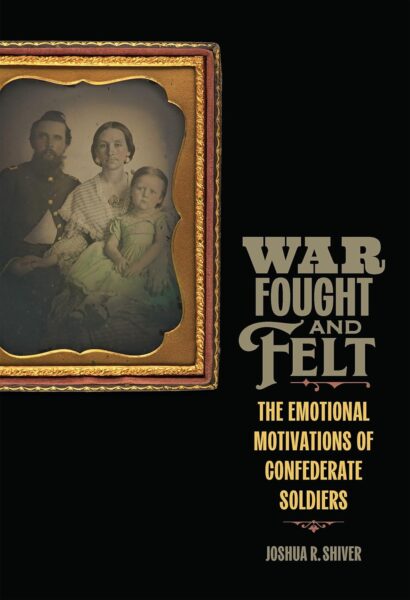
Published: 12/10/25
War Fought and Felt (2025)
Joshua Shiver seeks access to the inner world of Confederate soldiers by reconstructing their relationships as husbands, sweethearts, parents, and messmates.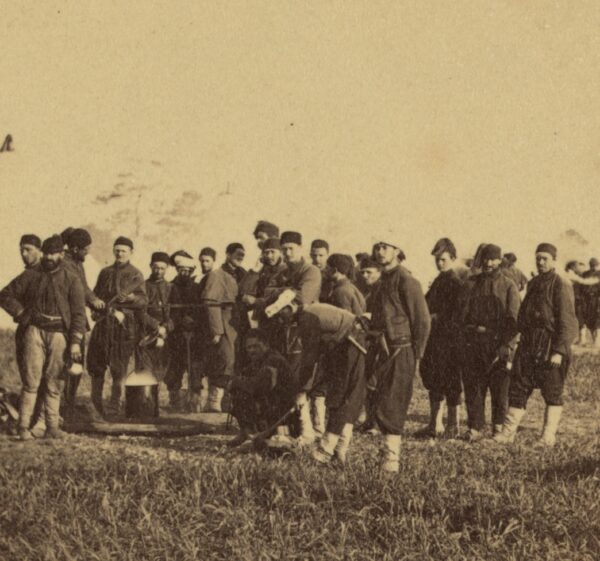
Published: 12/8/25
A Zouave at Fredericksburg
Experience the Battle of Fredericksburg through the eyes of a soldier in the 5th New York Infantry (Duryea's Zouaves).
Published: 12/3/25
The 1st Michigan Colored Regiment (2025)
An illuminating look at the experience of Black soldiers in the Civil War.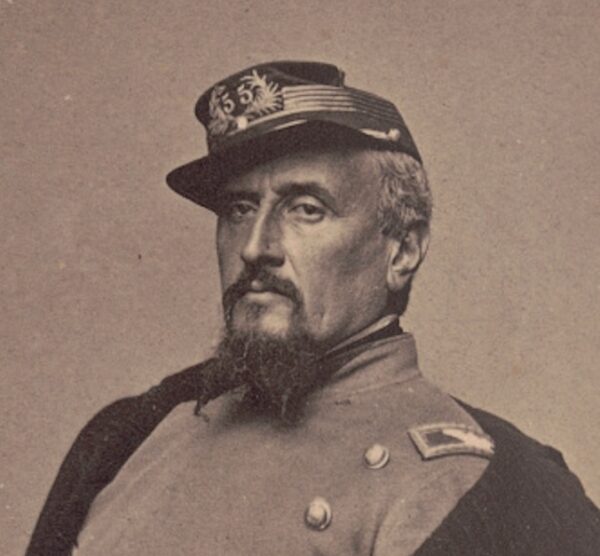
Published: 12/2/25
Régis de Trobriand at Gettysburg
A reevaluation of French-born Union officer Régis de Trobriand's performance in the fight for the Wheatfield at the Battle of Gettysburg.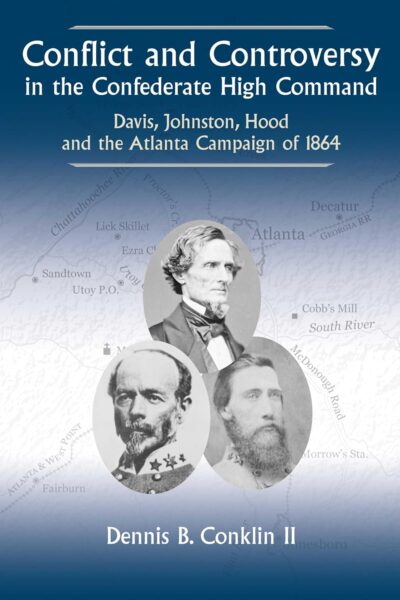
Published: 11/26/25
Conflict and Controversy in the Confederate High Command (2025)
"Conflict and Controversy in the Confederate High Command" is a readable and historiographically informed military history.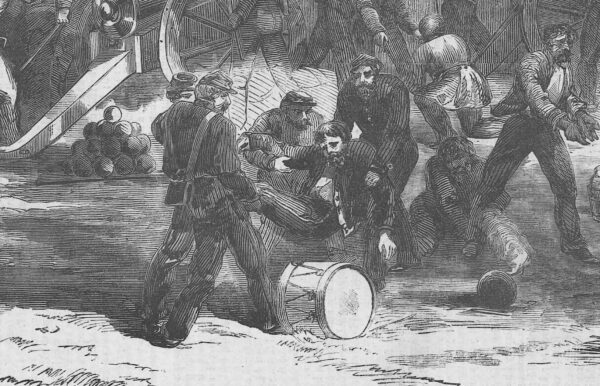
Published: 11/24/25
Extra Voices: Being Wounded
Read first-person quotes by Union and Confederate soldiers about their reactions to being wounded on the Civil War battlefield.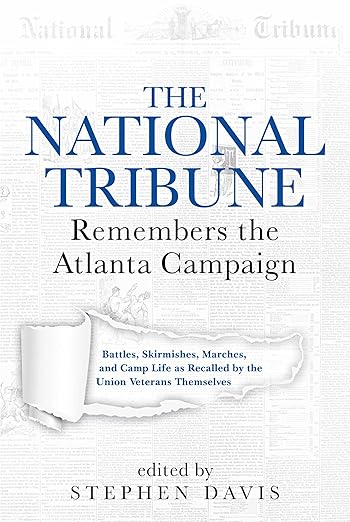
Published: 11/19/25
The National Tribune Remembers the Atlanta Campaign (2025)
Davis's expertly edited collection should remind readers of the vast and yet untapped potential of "The National Tribune."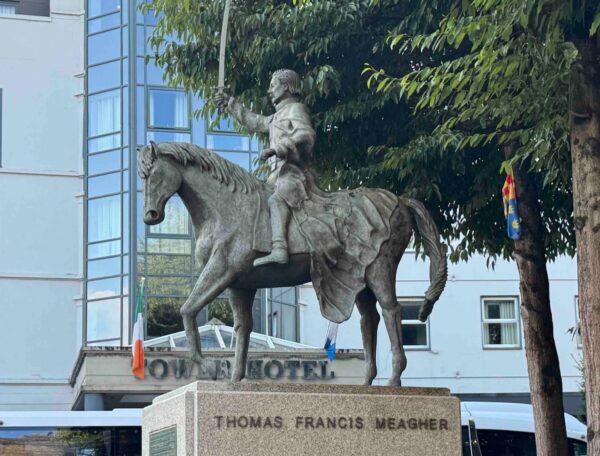
Published: 11/17/25
Irish Connections
The author's trip to Ireland reveals the country's myriad connections to participants in the American Civil War.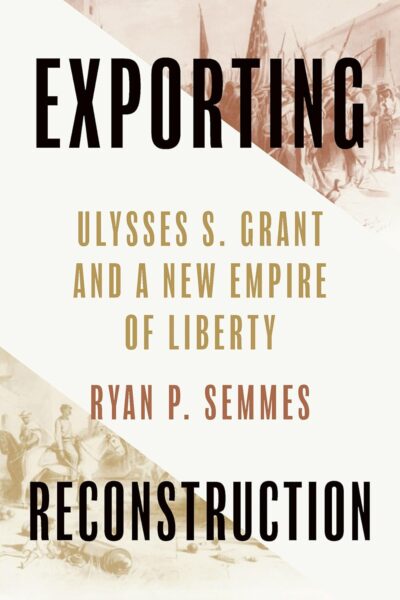
Published: 11/12/25
Exporting Reconstruction (2024)
"Exporting Reconstruction" is part of a growing body of scholarship that broadens the study of Reconstruction beyond the U.S. South.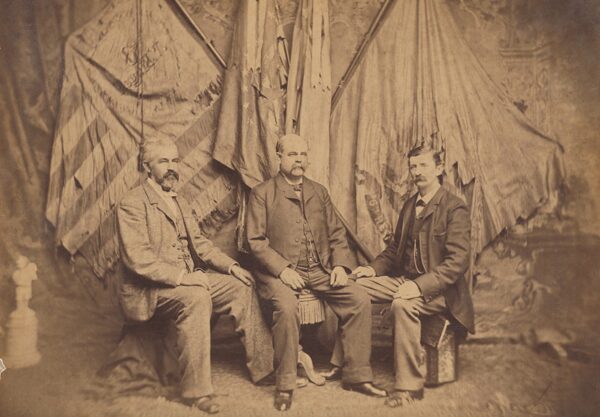
20